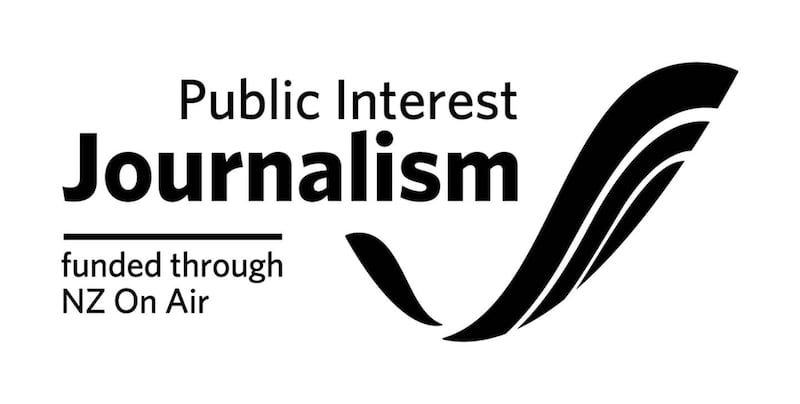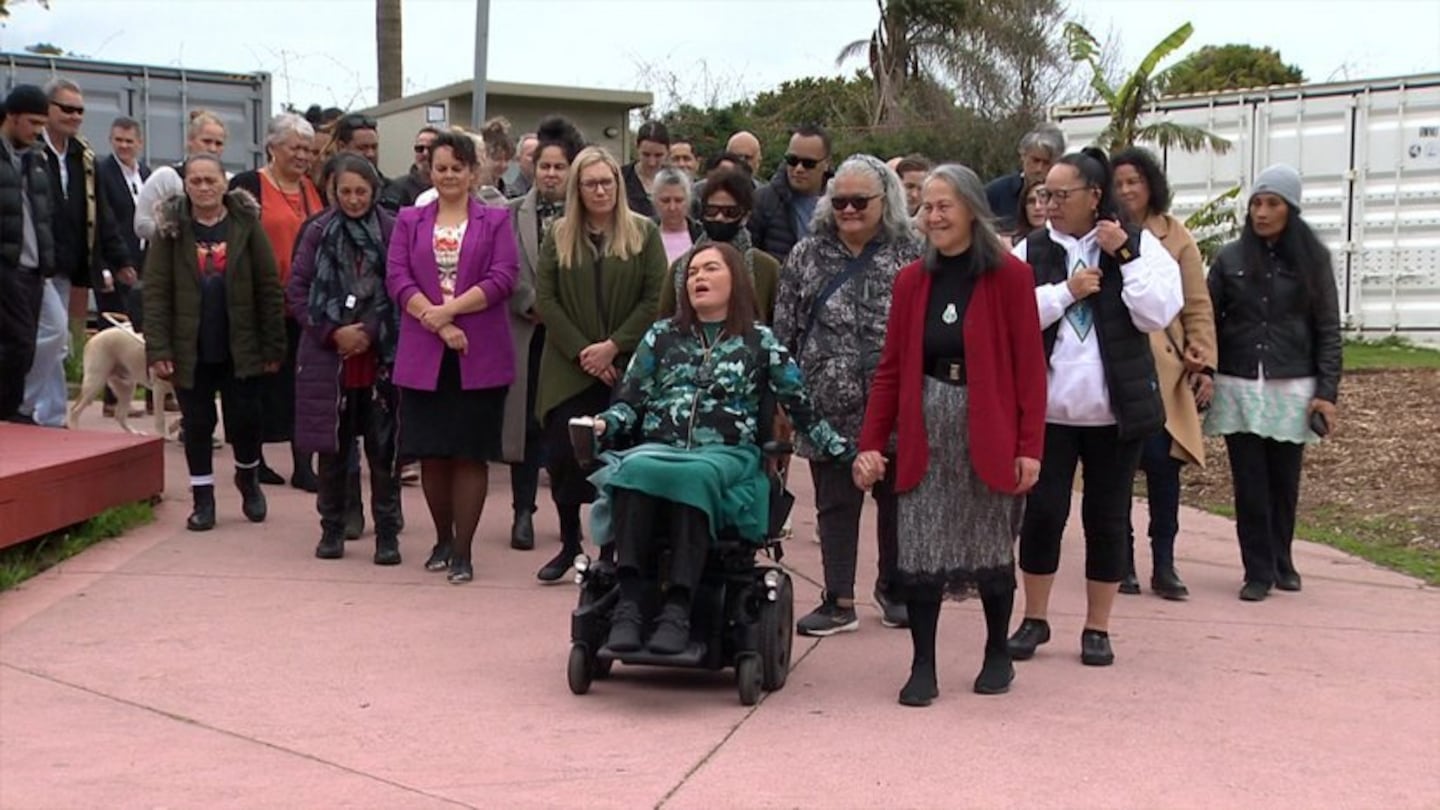Thirty whānau who live with disabilities have gathered to discuss the impact of state care abuse with royal commissioners.
Te Rōpū Waiora is an organisation completely managed by whānau hauā, which has joined forces with Papatuānuku Kōkiri Marae to offer whānau whaikaha/disabled the opportunity to discuss issues with the government on how to improve the future of Māori in state care.
Ike Rapana, (Ngāti Whātua, Waikato) says most disabled Māori learn how to live in a colonised world, without having a connection to who they are and where they come from.
“Most Māori families I know who are deaf, blind and so forth have been taken into state care, away from te ao Māori, from their whānau, marae, hapu and iwi, not allowing anyone to recognise the significance of their identity as Māori and that is unacceptable.”
Discussions held on how whānau whaikaha lives can be improved.
Rapana is hopeful that the royal commission will listen carefully to what whānau have to say and execute plans that are given to them as best as they can.
“We need them to take on board our ideas on how to change and create opportunities for all families who live with disabilities but the main problem for us at the moment is to ensure that history doesn't repeat itself in the future.”
Julia Steenson (Ngāti Whātua Ōrākei), a member of the royal commission, says it’s important for her to provide an opportunity for whānau whaikaha to discuss the changes they want and need in Aotearoa.
“Our role as the royal commission is to inquire and report back to the government on what we learn and understand from the discussions we have with disabled families."
Steenson says although the commission will end next year, the next step is to formulate all recommendations from the hui and deliver them in a way that all the survivors of state care abuse are honoured and supported.
“We are doing our best and have recently turned our focus into report writing. At this point, I would encourage any survivors to come and talk to us, while there is still time to make a change.”
Karen Pointon is a deaf mentor and advocate who is passionate to find better solutions for whānau and aspires to enable schools around Aotearoa to speak Māori and New Zealand Sign in Māori.
She says her upbringing within deaf schools was historically similar to that of Māori language suppression, where New Zealand Sign language was not allowed in school.
“We were forced to learn how to speak, not being able to hear or understand spoken language. It was the first abuse I ever received and if I could take you back in time and show you what happened to us historically, you would cry.”
Pointon says the discussion with the royal commission has been an opportunity long awaited as they are finally able to raise awareness on what had happened to whānau whaikaha historically.
“Māori kaupapa-based initiatives for people with disabilities and increased accessibility for all whānau whaikaha across Aotearoa is important.
"We should be using both reo Māori and Māori sign language to strengthen our community so we can make sure that the future of our country will not repeat its history.”





